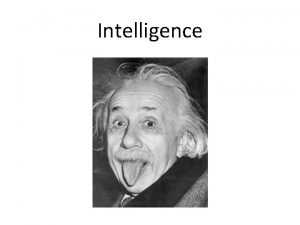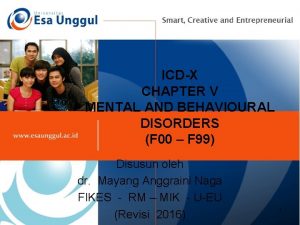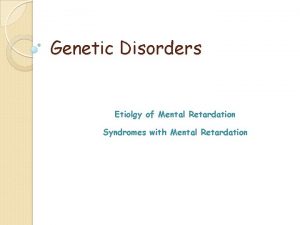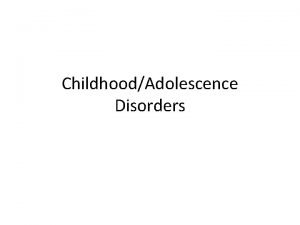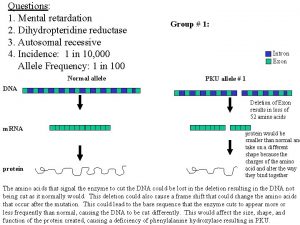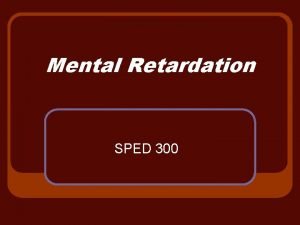Questions 1 Mental retardation 2 Dihydropteridine reductase 3






- Slides: 6

Questions: 1. Mental retardation 2. Dihydropteridine reductase 3. Autosomal recessive 4. Incidence: 1 in 10, 000 Allele Frequency: 1 in 100 Normal allele Group # 1: Intron Exon PKU allele # 1 DNA Deletion of Exon results in loss of 52 amino acids m. RNA protein would be smaller than normal and take on a different shape because the charges of the amino acid and alter the way they bind together The amino acids that signal the enzyme to cut the DNA could be lost in the deletion resulting in the DNA not being cut as it normally would. This deletion could also cause a frame shift that could change the amino acids that occur after the mutation. This could lead to the base sequence that the enzyme cuts to appear more or less frequently than normal, causing the DNA to be cut differently. This would affect the size, shape, and function of the protein created, causing a deficiency of phenylalanine hydroxylase resulting in PKU.

Phenylketonuria Normal allele PKU allele # 4 gaa aaa DNA gaa aaa Intron Exon m. RNA Glu 280 Lys 280 protein • The codon for Glutamate (gaa) was mutated to a codon for Lysine (aaa). • This would cause the loss of a negatively charged amino acid which is then replaced with a positively charged amino acid.

Questions 1. Group # 22 Light pigmentation, epilepsy, “moosy” odor PAH Autosomal recessive 1 per 10, 000; 1/100 2. 3. 4. Normal allele CGA DNA PKU allele # _11__ TGA PAH m. RNA protein Intron Exon CGA UGA ARG STOP CODON

1. Mental Retardation, mousy odor, light pigmentation, peculiarities of gait, stance, and sitting posture, eczema, and epilepsy. Phenylalanine hydroxylase enzyme. Autosomal recessive Incidence is 1 per 10, 000 allele frequency = 0. 01 or 1/100 2. 3. 4. Group # 25 Normal allele DNA PKU allele # 23 TCC m. RNA protein Intron Exon TTC UCC SER 273 UUC PHE 273 Serine is an uncharged polar amino acid, which is replaced with phenylalanine an uncharged nonpolar amino acid. Changing from polar to nonpolar would be crucial to the enzyme phenylalanine hydroxylase, which normally converts phenylalanine to the amino acid, tyrosine.

Questions 1. Symptoms of PKU Group #28 a. Untreated: mental retardation, “mousy” odor, light pigmentation, peculiarities of gait, stance, and sitting posture, eczema, and epilepsy b. Treated: mildly depressed IQ 2. PKU results from a mutation in the structural gene for phenylalanine hydroxylase. 3. The mode of inheritance is autosomol recessive. 4. The incidence of PKU in Europeans at birth is 1 per 10, 000. a. The predicted allele frequency of the PKU allele is 1/100 b. The predicted carrier frequency is 198 per 10, 000 or. 0198. Normal allele DNA PKU allele # 46 DNA In-frame deletion occurs to exon 11 m. RNA protein Exon 11 Intron Exon Protein has section missing due to deletion of exon 11, there for it is lacking 5 amino acids

Questions 1. Mental retardation, light pigmentation, eczema, and epilepsy 2. 3. Phenylalanine hydroxylase Autosomal recessive 4. Group # Names 32 PKU in Europeans is 1 in 10, 000. Predicted allele frequency is 1 in 100. Normal allele PKU allele # __61_ DNA m. RNA protein The deletions of the bases in codon 376 and 377 caused a Intron Exon stop codon to be created at 399, making a premature termination in the protein.


